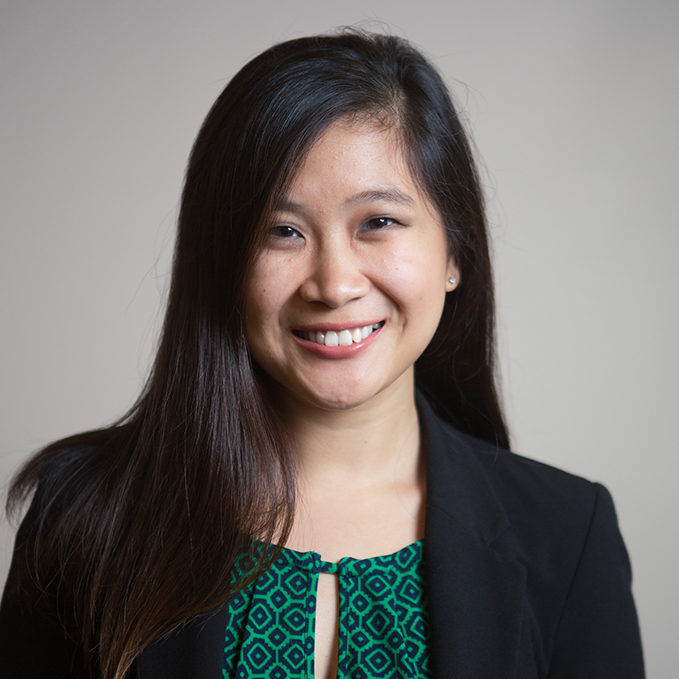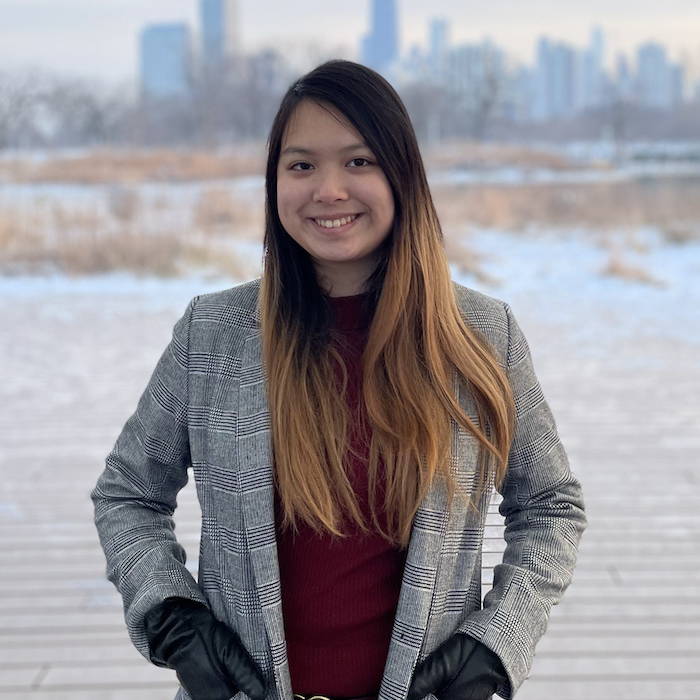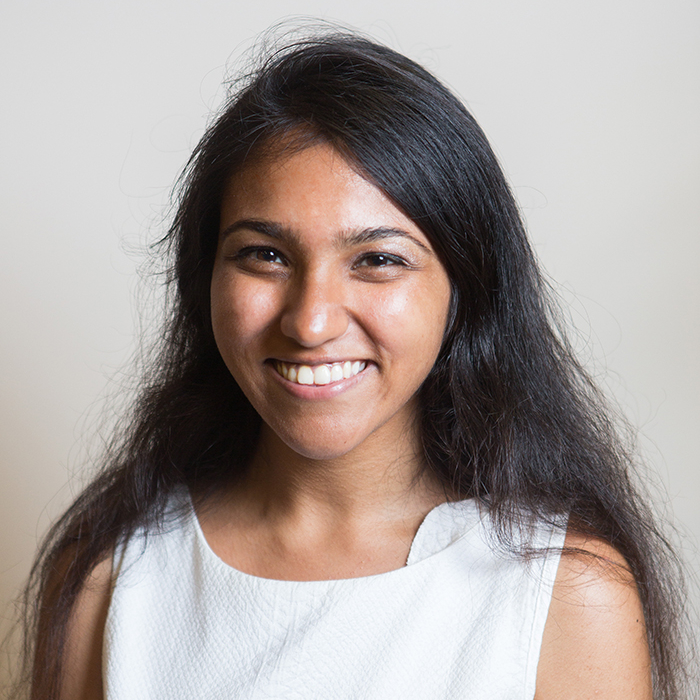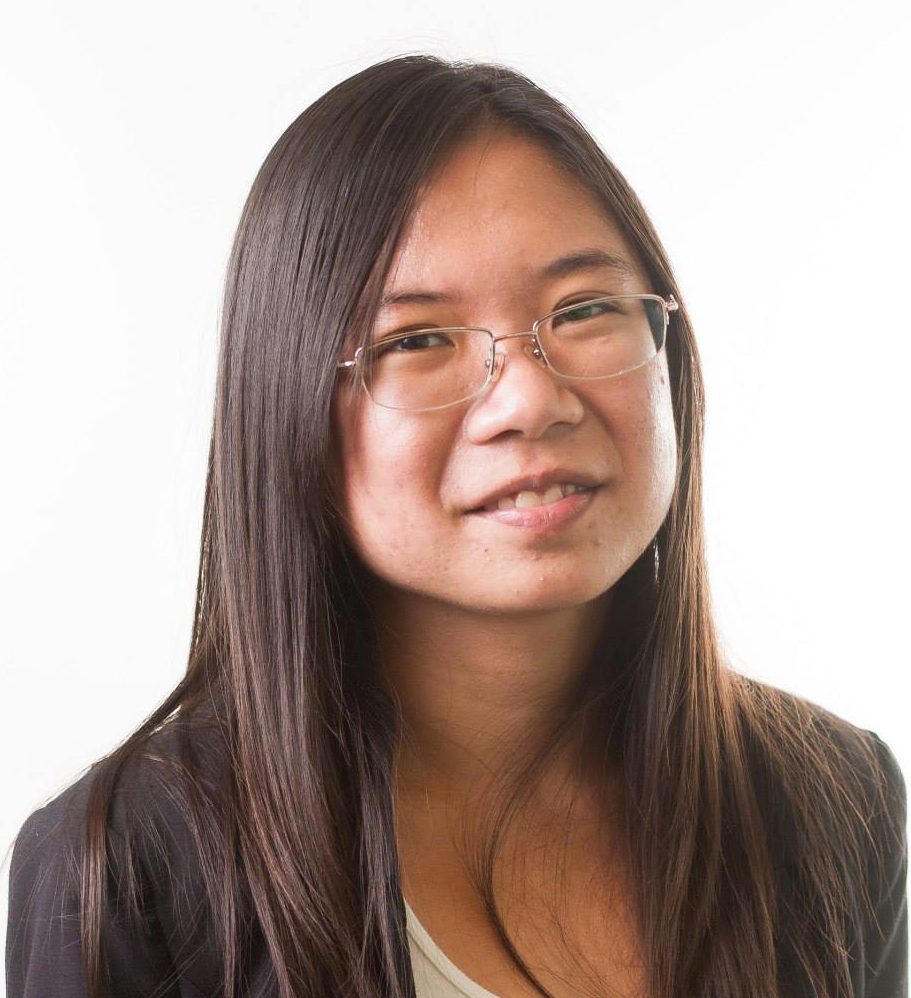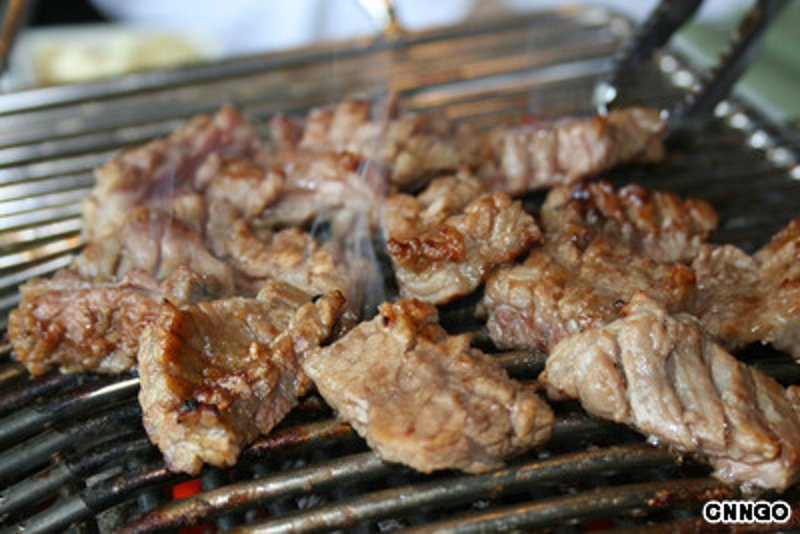Divided we fall: How Asian Americans are responding to Officer Peter Liang’s conviction
Kevina LeeFeb 28, 2016

Feb. 20 saw a rare occasion in more than 40 cities including New York, Los Angeles and even Orlando. Thousands of protesters, predominantly Chinese American, organized as a response to the conviction of New York police officer Peter Liang. On Feb. 11, the jury declared him guilty of second-degree manslaughter for the death of Akai Gurley, a 28-year-old unarmed, black man. The protests, however, evoked a more complex range of thoughts among a divided Asian American community.
It was Nov. 20, 2014, when Liang and his partner opened the door to a dark stairwell on the eighth floor and allegedly fired his gun after being startled. The bullet ricocheted off the wall and struck Gurley, who was on the seventh floor. Liang and his partner did not immediately seek medical attention for Gurley.
Liang was the first police officer to be convicted in an on-duty death in over a decade, according to the Associated Press. And, out of 179 people killed by on-duty police officers in 15 years, a 2014 New York Daily News investigation revealed that just three of those deaths resulted in indictments.
“We’re not rejoicing,” Gurley’s aunt Hertencia Petersen told the New York Daily News. “But it’s about being accountable. It’s about a girl who will never know her father.”
Members of the protests last weekend rallied behind the idea that Liang was used as a scapegoat in a criminal justice system that has come under fire from intensifying police-community relations, according to Coalition of Justice for Liang spokesman Jack Ouyang. Many compared Liang’s sentence with that of New York police officer Daniel Pantaleo, who was not indicted when Eric Garner was killed by chokehold in 2014.
“I do not believe true justice prevailed,” New York state Assemblyman Ron Kim said in a statement. “Our system failed Gurley and it failed Liang. It pitted the unjust death of an innocent young black man against the unjust scapegoating of a young Asian police officer who was frightened, poorly trained, and who committed a terrible accident.”
In a petition that calls for leniency in Liang’s sentence, author L. Chen wrote, “The tragic death of Mr. Gurley, a completely innocent family man, must be fully reviewed to ensure these tragedies do not reoccur (sic). There was no criminal intent, nor any intent on the part of Peter Liang to kill Mr. Gurley. … Police Officer Liang must be held accountable for his actions in a fair and just manner.”
Others in the Asian American community, however, spoke out against last weekend’s protests. They held Liang’s indictment to be fair, and they criticized sentiments that sought for Liang to be treated equal to police officers who had not been indicted for other civilian deaths. These critics took protest signs in support of Liang, such as “#Justice4Liang” or “Free Liang,” to indicate that the Chinese American community was implicitly seeking access to white privilege and, as a result, undermining the tragic loss of an innocent black man killed at the hands of a negligent police officer.
“As Asian and Pacific Islander community leaders and organizations from across the country, we strongly oppose calls coming from some members of the Asian American community to drop charges against NYPD Officer Peter Liang for the death of Akai Gurley,” the CAAAV said in a statement. “The fact that Officer Liang is Asian American shouldn’t mean that we as Asians and Pacific Islanders support him unequivocally. Quite the opposite — it should compel us to think about what justice looks like and how Asian Americans can contribute to the movement for police accountability and broader racial justice.”
Some members of the Asian American community added that the timing of the protests were especially insensitive toward the Black Lives Matter movement, which fought tirelessly to end racial injustice in the system ever since George Zimmerman was acquitted for the death of Trayvon Martin in 2012. In fact, the New York rally had been briefly interrupted by 20 Black Lives Matter protesters nearby, according to the New York Daily News.
“I’m a proud Chinese American, but today I am disappointed by those in my community who rallied this weekend in support of Peter Liang, the NYPD officer who killed Akai Gurley and was recently convicted of second-degree manslaughter,” Steph Yin said in her editorial for the Huffington Post. “My parents and many of their friends attended these rallies or have spoken up in support of Liang. They have stayed silent and very far away from any Black Lives Matter protests, but they find the time to pay attention and show up when it is a member of their community.”
Others among the protest, however, offered a different motivation for the rallies. Jess Fong, a 22-year-old recent Johns Hopkins University graduate, said in a video that protesters believed Liang should indeed be held accountable for his actions, but that the protests sought to bring an end to the current state of the criminal justice system.
“This protest is not about aligning ourselves with white privilege; this protest is about standing up and saying our system is wrong,” she said. “We want all cops to be held accountable and we want this justice system to be transparent, to be fair.”
Liang, who was also convicted of official misconduct, will face up to 15 years in prison starting April 14.
Members of the Asian American community have taken differing views regarding the sentence to the streets, to major news outlets and to social media — a movement that, although organized in some ways, has divided the community as a united front.
—
Photo courtesy of a Feb. 20 protest attendee in Orlando.
